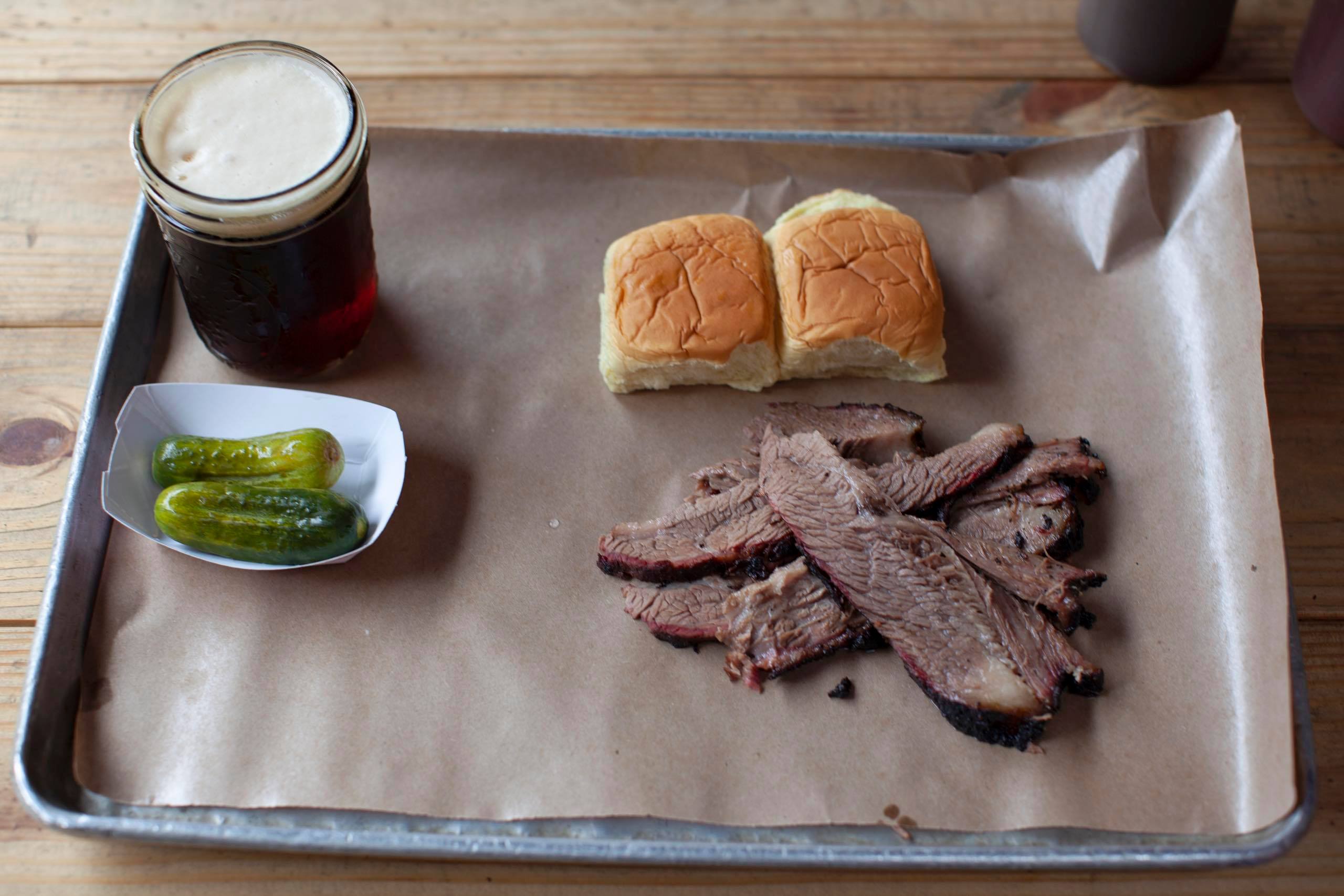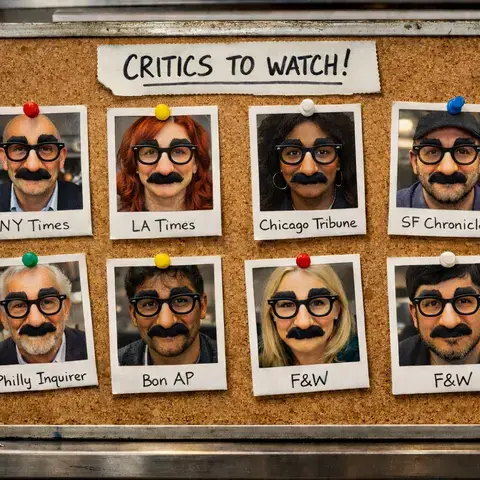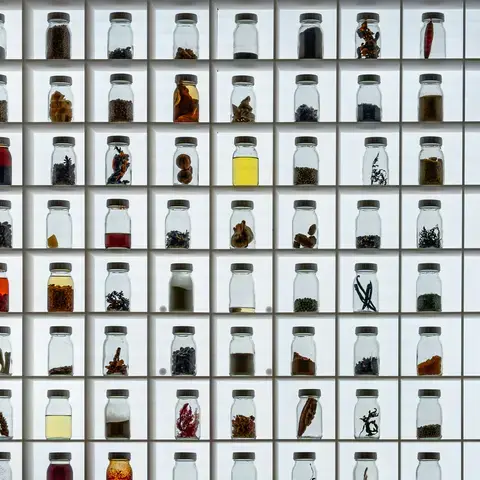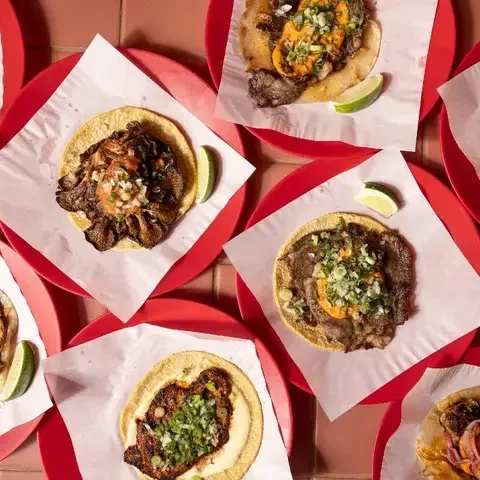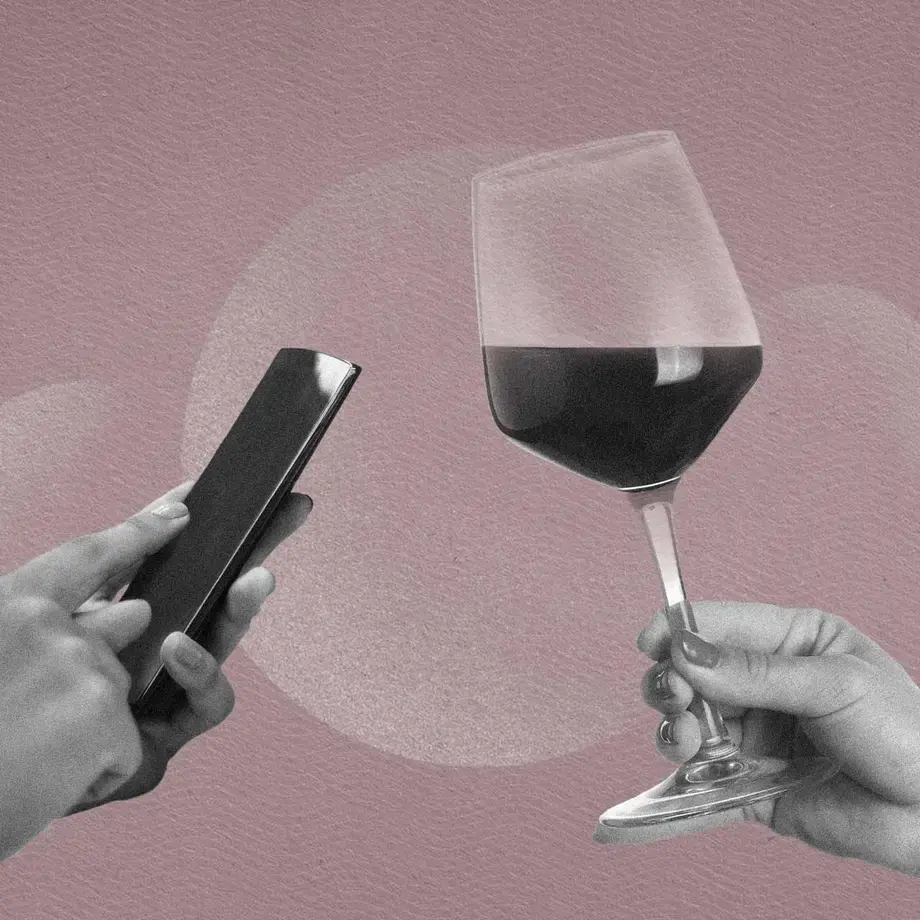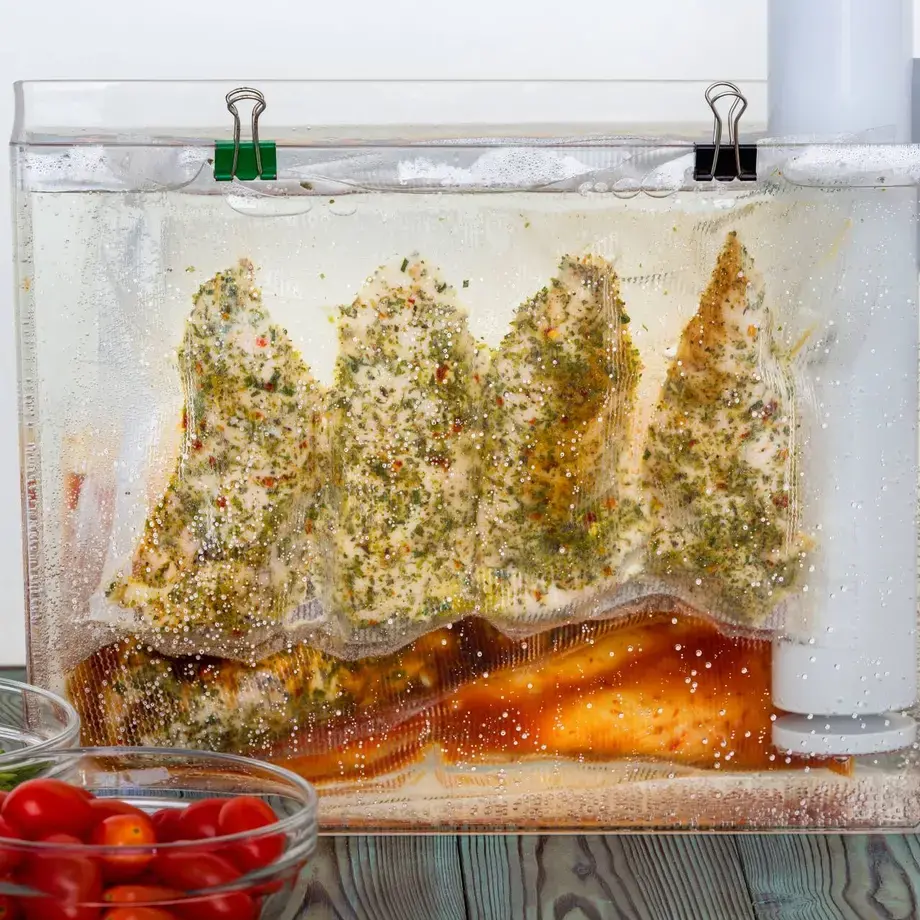“We face a financing model that has worked poorly for most professionals. We have never consumed so much music and paid so little for that. At the same time, we have never cooked so much at home and the creators behind the recipes we are reproducing in our kitchens have never gained so little,” says Pattoli.
So what might the possibilities be for NFTs in the restaurant industry? Chefs and restaurateurs could mint and sell recipe NFTs. Limited editions of celebrity chefs’ creations could take off as easily as the videos of the dishes reproduced by them. In an industry that pays so badly for creativity and for copyright, NFTs could allow cooks, ( and pastry chefs, bartenders, etc.) to increase their profits from their own signature creations.
Merav Ozair, FinTech faculty member at Rutgers Business School, thinks people can create additional income streams, as long as someone is willing to pay for their virtual/digital content. "In the case of a chef, instead of posting recipes on Facebook, a cooking video on YouTube or photos on Instagram for free, just in order to generate followers and induce sells, they can NFT [tokenise] the recipe, the video or the photo and sell it or receive royalties for it,” she says. By doing so, these professionals create an immediate income stream and protect their rights for their unique recipe or dish.
Recently, Dolphin Digital Studios (NFT division of Dolphin Entertainment), announced it has created an ‘NFT Collectible Recipe Card’ system in collaboration with renowned chefs, such as Nina Compton, Marc Forgione and Ludo Lefebvre. Each partner chef in the NFT Recipe Card programme will create exclusive, seasonally inspired recipes that will come to life with visually digital 3D art pieces that will be exclusive to the consumers who buy the NFTs.
CurrencyWorks Inc., a financial technology blockchain, NFT and digital payment provider, has teamed up with Restaurant.com to develop an NFT platform for the restaurant industry called FoodiesNFT. “We’re excited to use the endless possibilities of NFTs to highlight the genius behind the celebrity brands, restaurants, and personalities,” said Ketan Thakker, CEO of Restaurant.com.
According to Merav Ozair, projects like these will pop up more often as we are slowly but surely moving to a Virtual Reality (VR) world, and the scenarios we reserved for SciFi movies will soon become a reality. As VR becomes an essential part of our lives, our houses, offices, resorts and, of course, dining experiences will be more and more virtual. Each VR dining experience can be authenticated with NFTs and can be either sold or rented.
“The possibilities are infinite, and the opportunities are abundant. You can create any dining experience possible and customise it to your liking. Both the food industry and customers will benefit from it,” she explains.
“We will not need to leave our homes to have a full exquisite fine-dining experience, as if at a three Michelin-star restaurant, anywhere in the world,” she points out. More than that, we will be able to finish an exclusive virtual dinner with the certainty that we really own it.”


